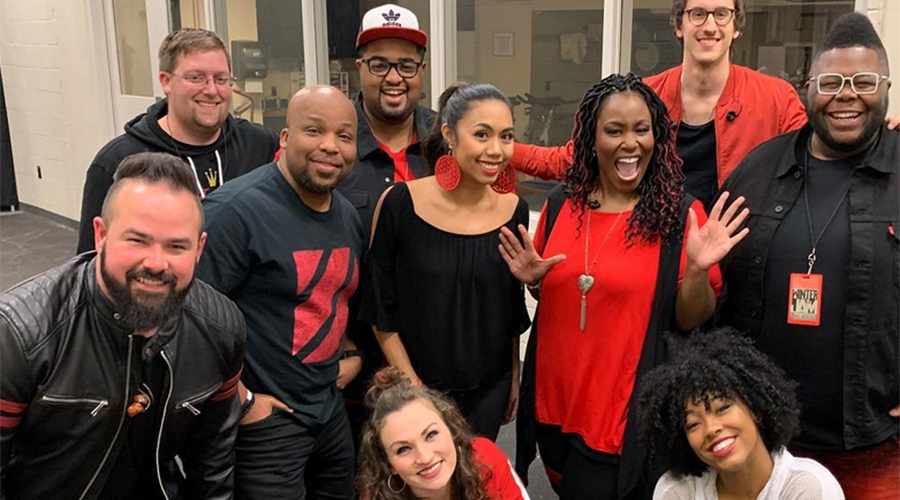Mental Health Matters: Viola Davis helps raise awareness of mental abuse, shares helpful tips
Credit: Viola Davis/Instagram
By Meesha Martin // Mental Abuse // EEW Magazine Online
Academy Award-winning Christian actress Viola Davis brings many characters to life onscreen, but there is a real-life issue she is bringing attention to: mental abuse.
In association with the Depression Project, “The Unforgivable” star, 56, shared a useful infographic on social media containing tips for loving someone who’s been mentally abused.
“Mental abuse can have a big impact on one’s mental health,” said Davis who often supports meaningful causes and brings awareness to important issues like childhood hunger and poverty.
Davis added that mental abuse “makes you second-guess things, question your worth, feel like others will leave you (even when they’ve shown no signs of this), and make you hypersensitive to the ‘little things.’”
So, what can one do if they are in a relationship with a previous victim of mental abuse?
Below are listed 4 appropriate expectations and strategies offered by The Depression Project.
#1 There may be times when they break down during small disagreements. Please don’t call them “dramatic” for this. While it may appear to be an overreaction, it has likely triggered a painful, past experience which escalated very quickly.
#2 There may be times when they struggle to put their guard down, and you wish they could trust you fully. Please be patient. When you’ve been hurt in the past and have had to protect yourself, it takes time to feel safe enough to let others in.
#3 There may be times when they need a lot of reassurance. Please don’t call them “needy” or “exhausting.” They have past experiences where they’ve been constantly put down and told they’re “not enough.”
#4 There may be times when they push you away. It’s not because they don’t care. It’s because they don’t want to feel abandoned and are scared of getting close, so they do this to you before you have a chance to “hurt” them.
Try to show as much compassion, kindness, patience and understanding as you can. Healing takes time.
Also, when you have done all you can, please do not internalize their negative responses. They are hurting in ways you may never understand. Pray for them.











